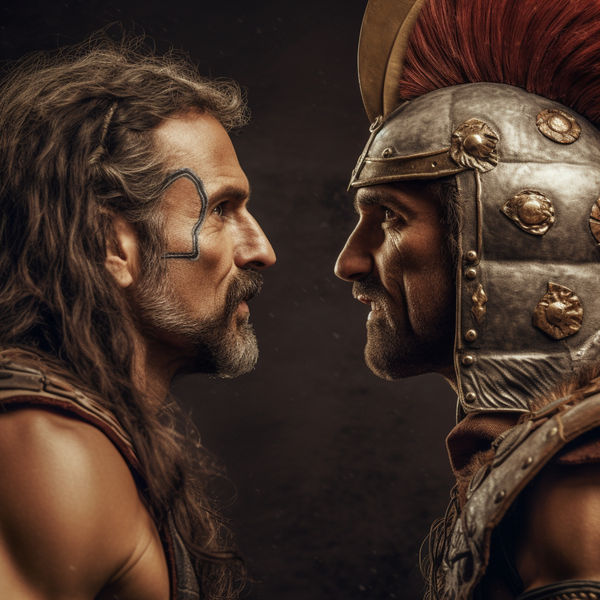


Benefits
The Illusion of Change: Influencers Masquerading as Creators
In the evolving digital landscape, a clear shift is happening from the reign of influencers to the rise of creators. This transition isn't just a matter of semantics, but a profound alteration in the ethos and aspirations of online personalities. However, as the appeal of the 'creator' label grows, an intriguing phenomenon is emerging - influencers are rebranding themselves as creators, attempting to capitalize on this trend. But is this simply a case of a rose by any other name?
Creators, at their core, are driven by a desire for financial independence that is facilitated by a dedicated community. They don't seek mass popularity, but rather, they strive to co-create and engage with a tight-knit community. These creators embody Kevin Kelly's concept of '1000 true fans', a community that supports, engages, and financially backs their work.
On the other hand, the influencer model is typically associated with the pursuit of fame and broad reach. Influencers create content for a mass audience, often without establishing meaningful engagement or co-creation with their followers. Their goals are set on unlimited reach and influence, making their relationship with their audience unilateral and often impersonal.
As the term 'creator' gains popularity and the creator-centric economy flourishes, some influencers are attempting to rebrand themselves to fit into this new mould. They are repackaging their image and marketing themselves as creators, in what can be seen as a form of 'brand washing'. This strategy attempts to tap into the appeal of the creator label, portraying themselves as more community-focused and participative.
But a simple rebranding doesn't change the underlying model. Despite the new label, many influencers-turned-creators continue to operate based on the old influencer model, producing content for mass audiences without fostering meaningful co-creation or community engagement.
Also add that TikTokers, streamers, creators in web3, and the metaverse inhabit a "blurring line" between these two worlds.
Add that, in principle, these are technologies that are in full experimentation, and those that offer the most collaboration power between individuals are the ones that are more firmly rooted in the creator paradigm. Those that only allow top-down broadcasting are more akin to the influencer model.
Furthermore, when co-creation is not present in these contexts, it often helps to distinguish the "creator" from other paradigms such as the influencer, the gig creator, or others.
Also, it's important to note that while one segment of creators leans towards creating purely for the sake of creativity, another segment is more focused on monetizing their creations. These represent two extreme profiles within the creator spectrum: one resembling the pure artist, free from the desire for financial gain, and the other entirely focused on monetary pursuits. It's interesting to recall that just three years ago, the conversation was centered around the 'passion economy' rather than the 'creator economy'.
This trend underscores the importance of discernment in the digital age. As audiences, we must look beyond labels and marketing tactics, and instead focus on the true nature of the relationship between digital personalities and their audiences. A true creator engages with their community, co-creates content with them, and seeks to build a sustainable, mutually beneficial relationship.
In conclusion, while the shift from influencers to creators signifies a positive evolution in the digital landscape, we must be wary of those attempting to simply 'brand wash' their way into this new era.
The heart of being a creator lies in community, engagement, and co-creation, values that cannot be achieved through a mere change of label. The future of the digital world depends on genuine creators who embody these values, not influencers masquerading under a different name.
Or the inexpressible fable of the gladiator who fancied himself a "chieftain".

